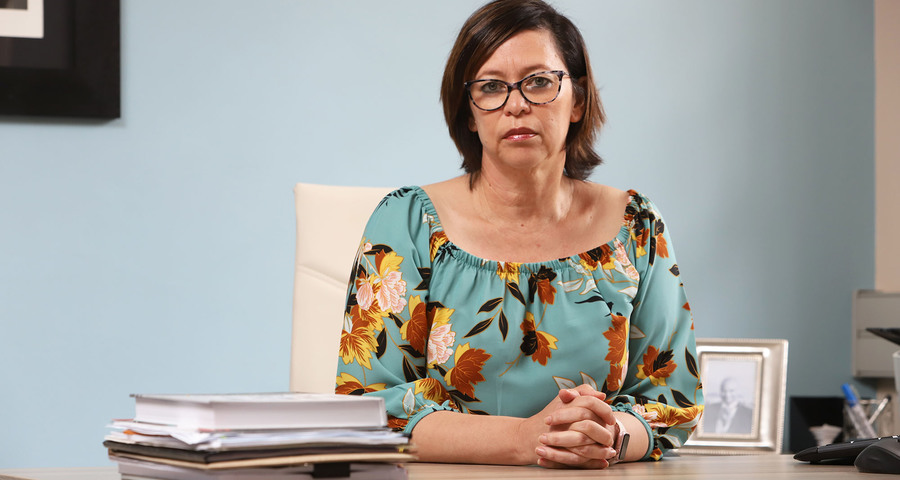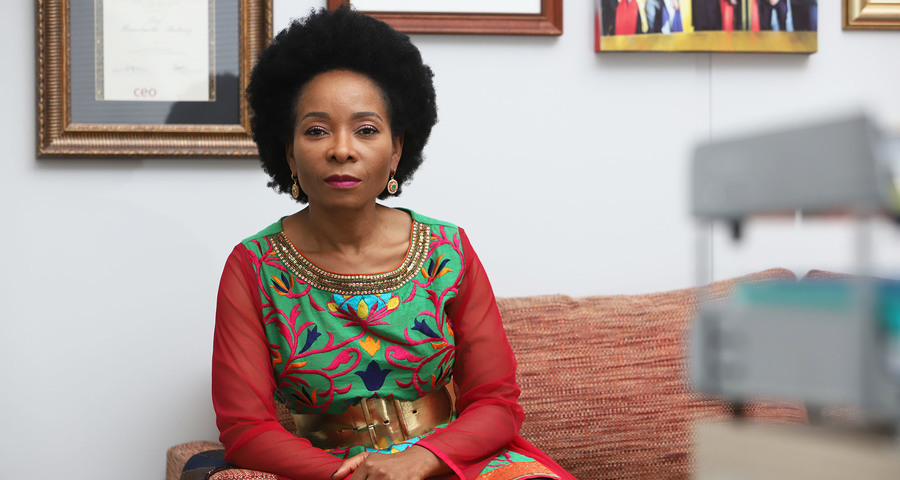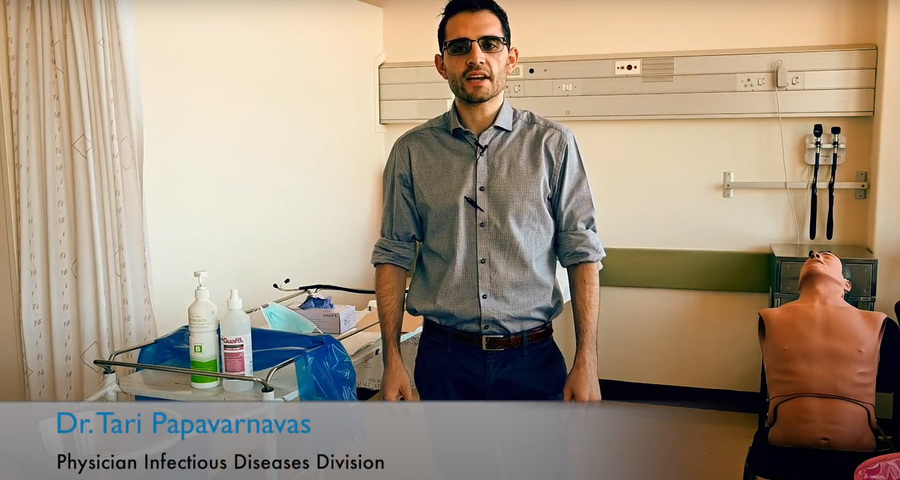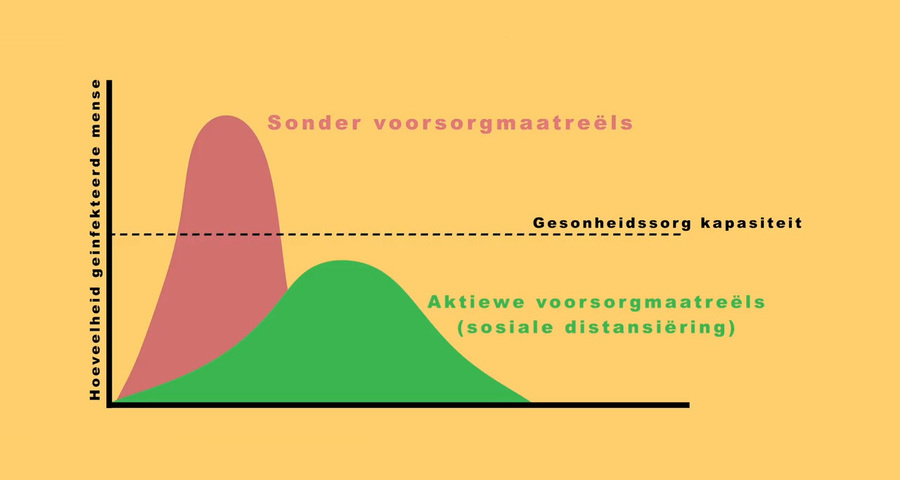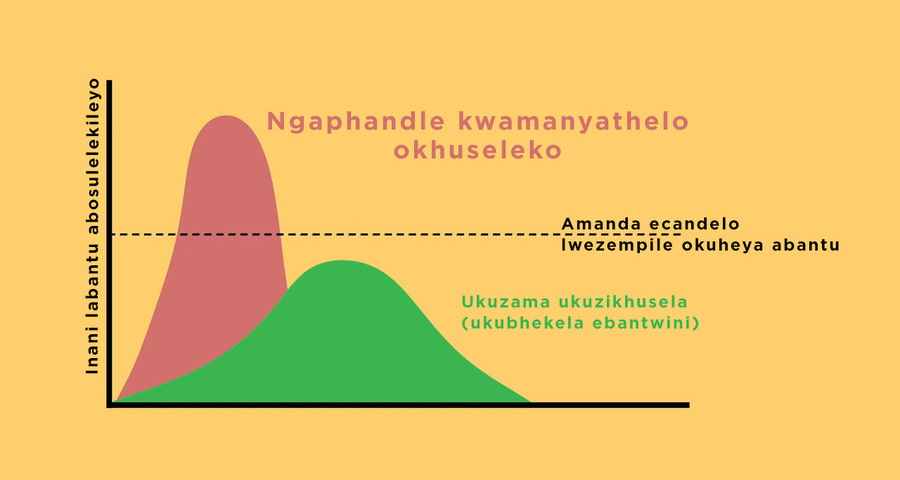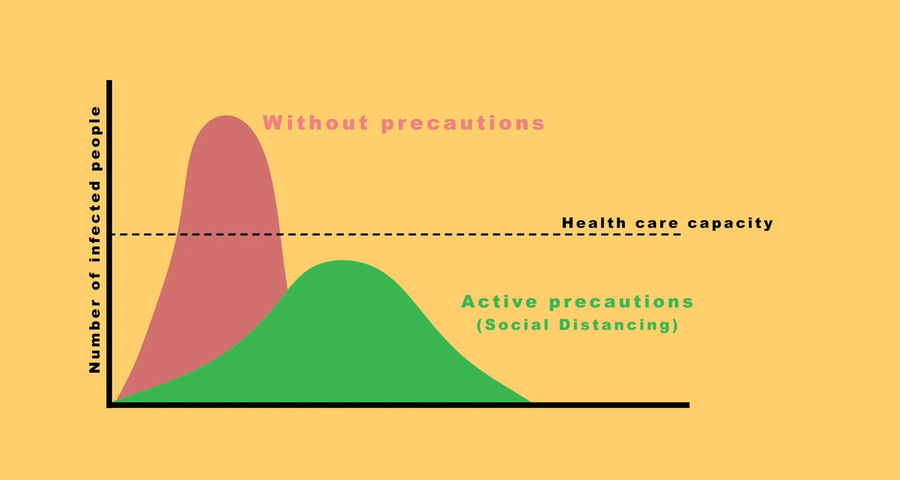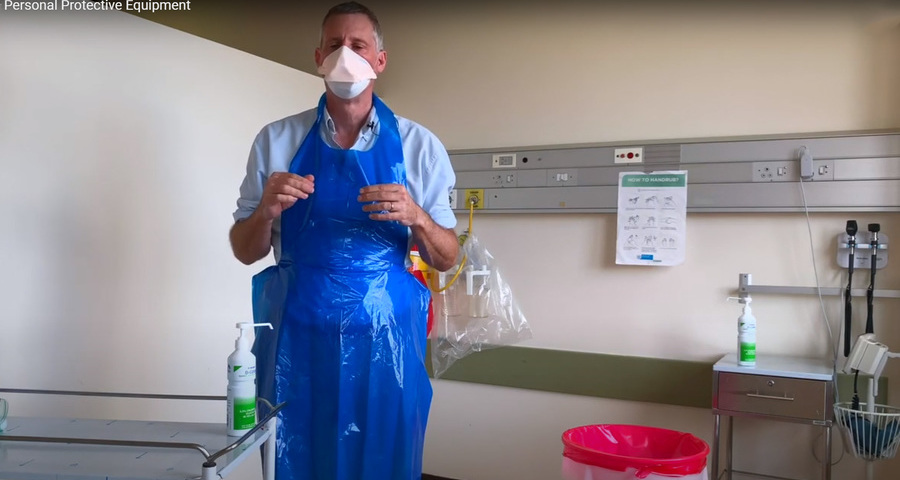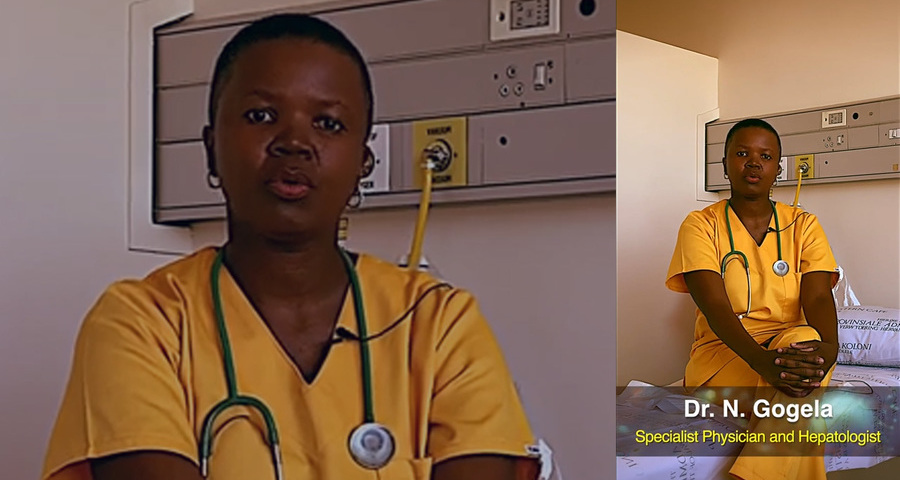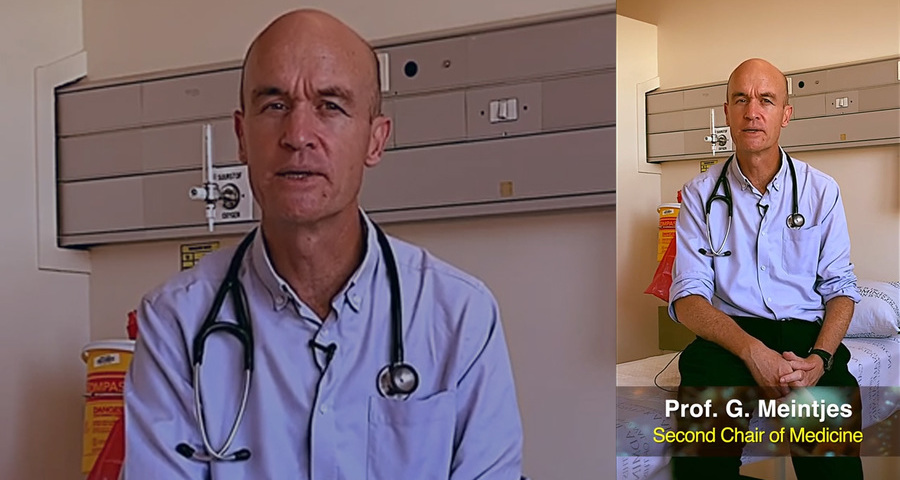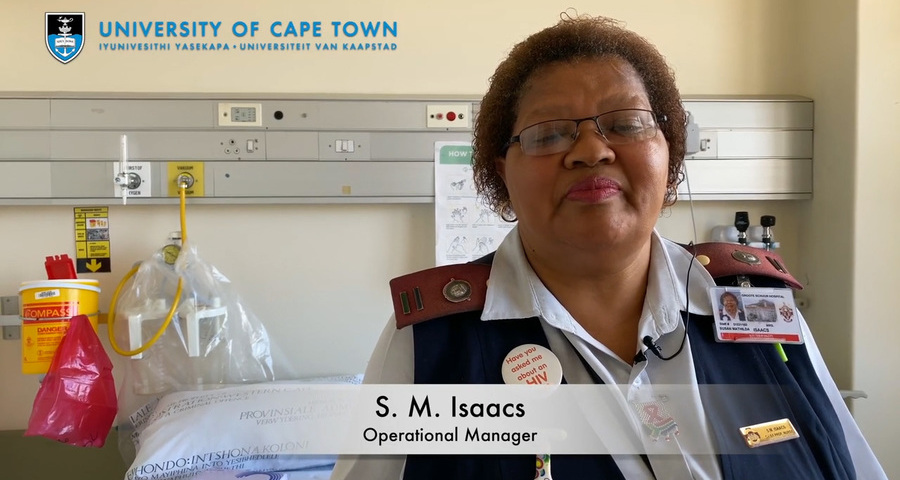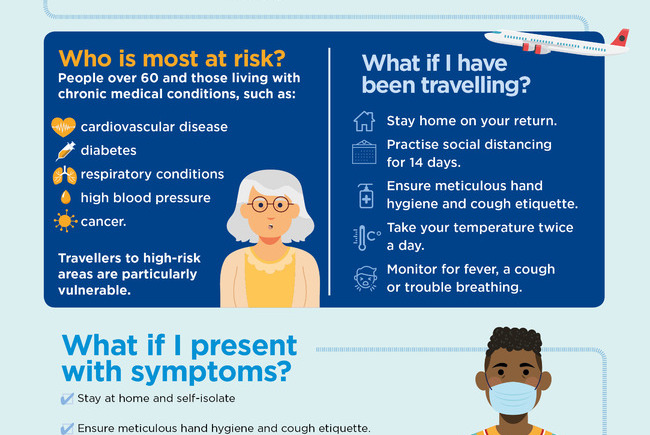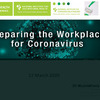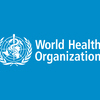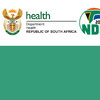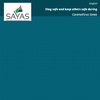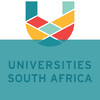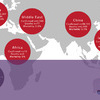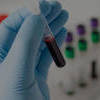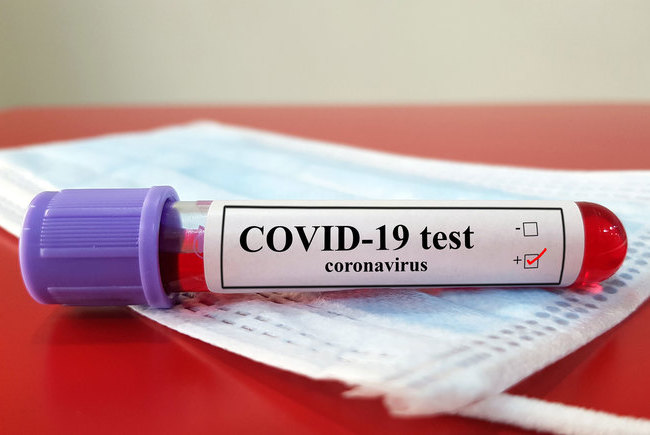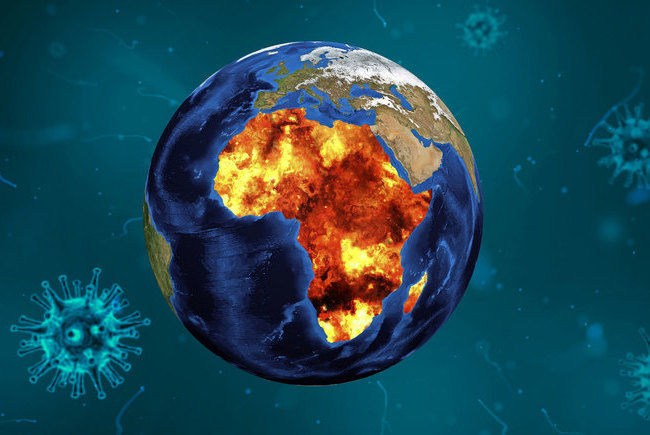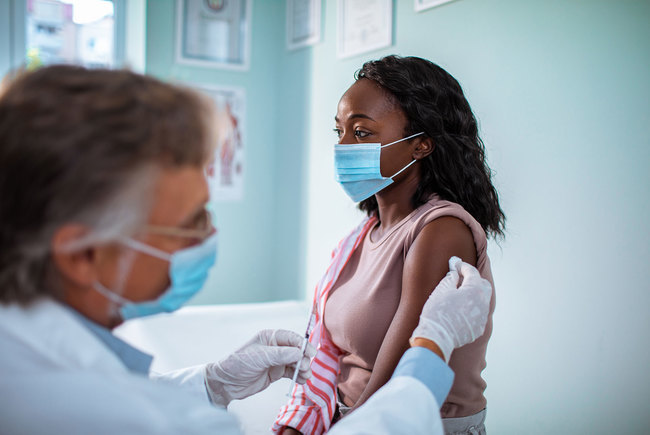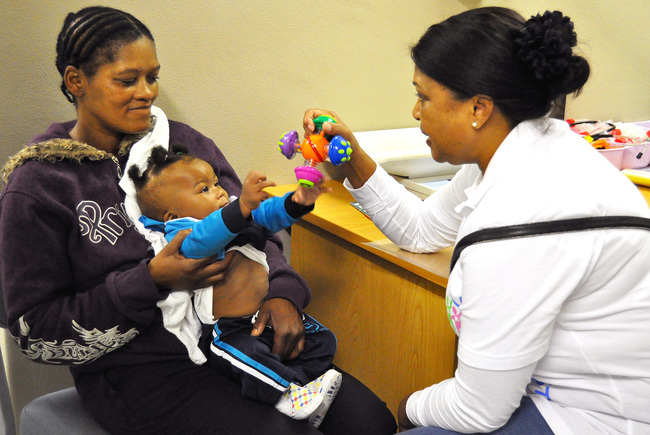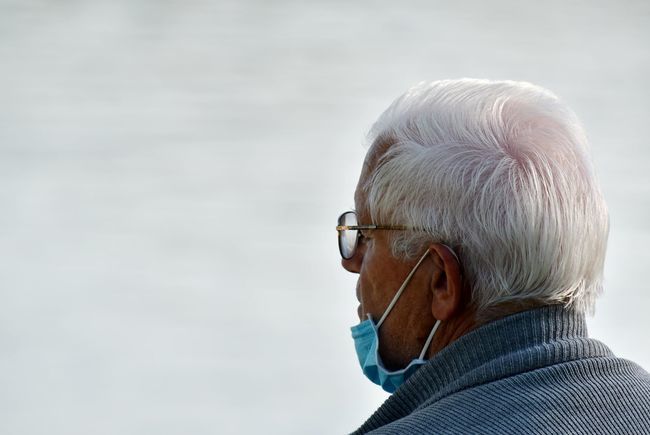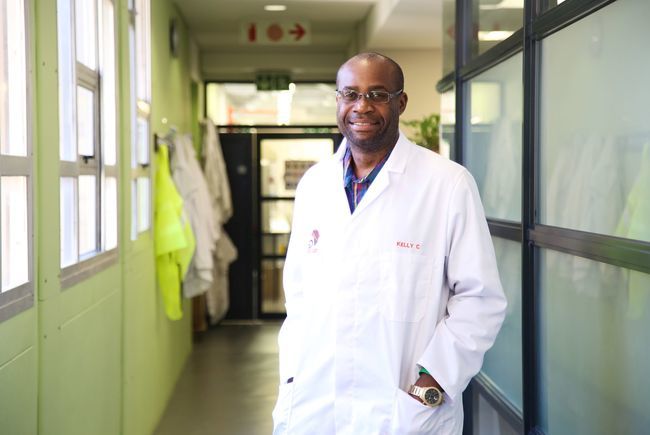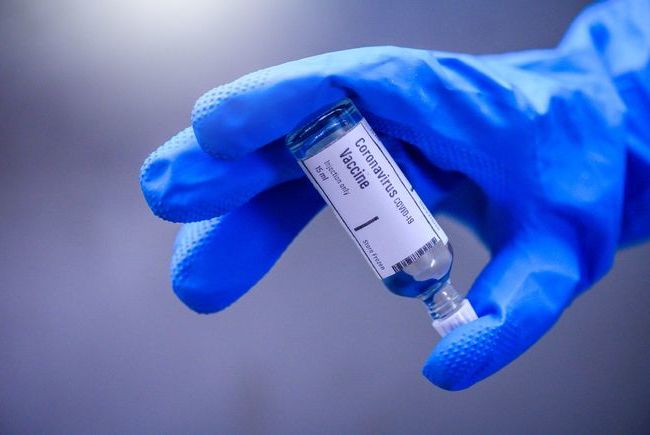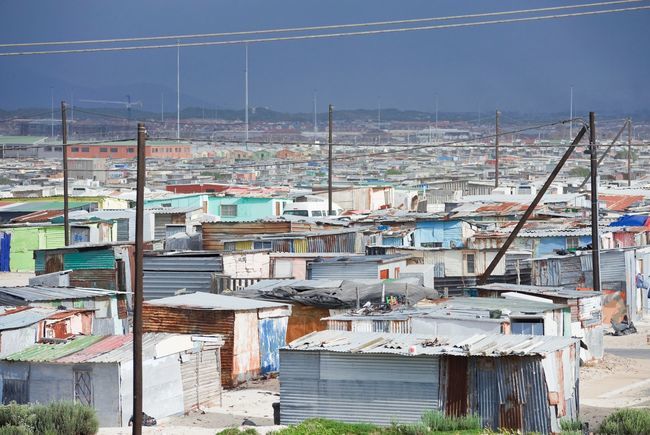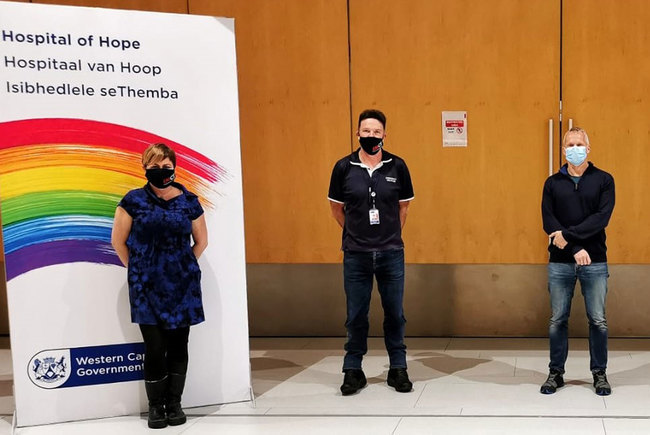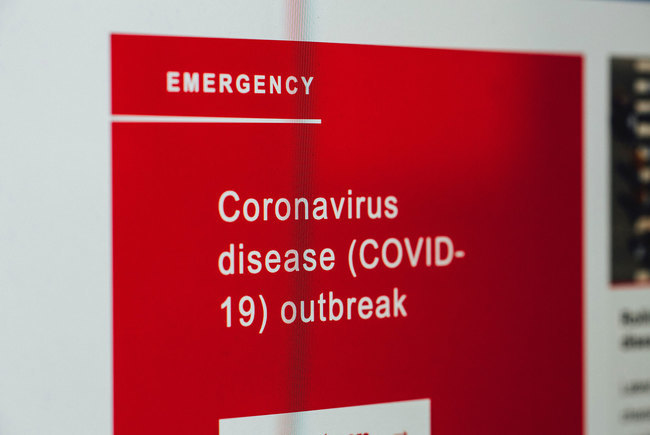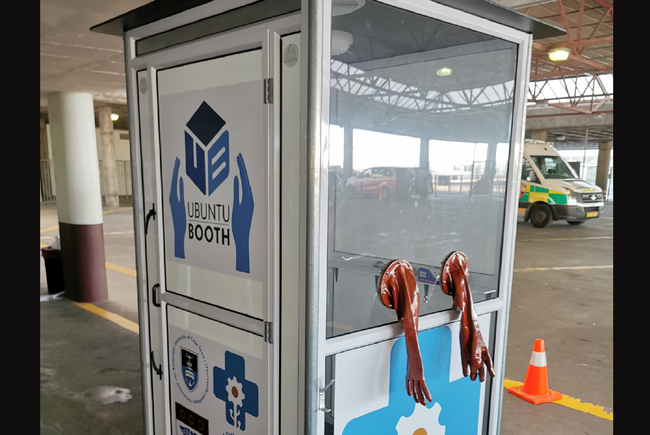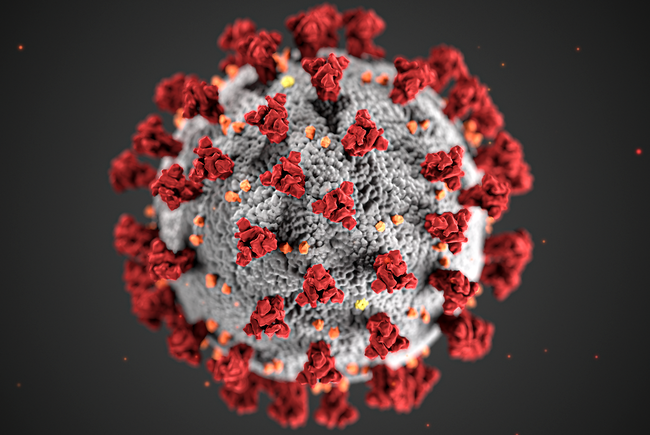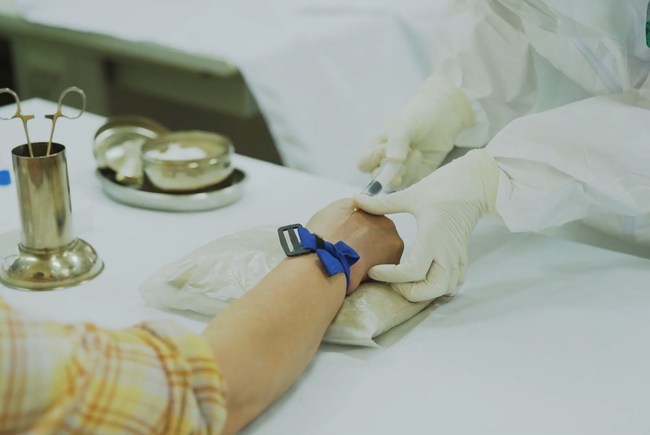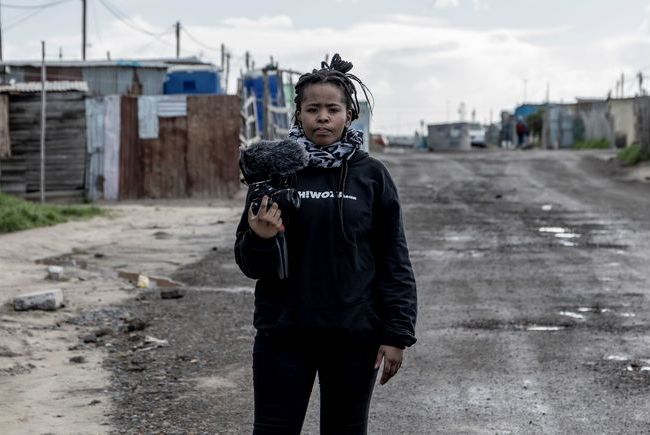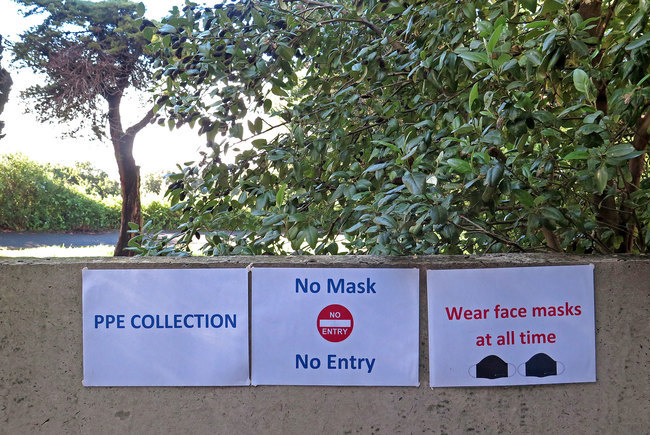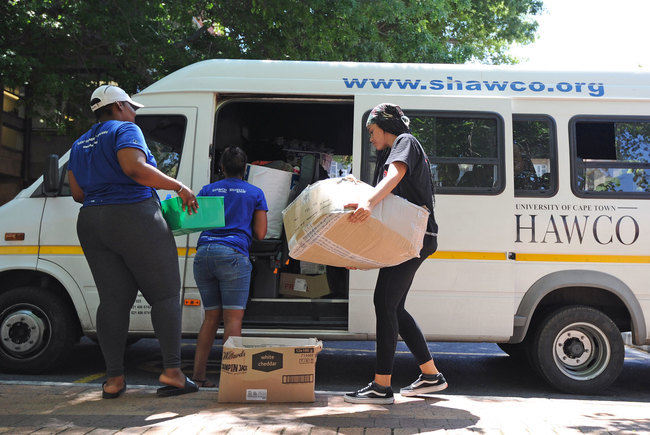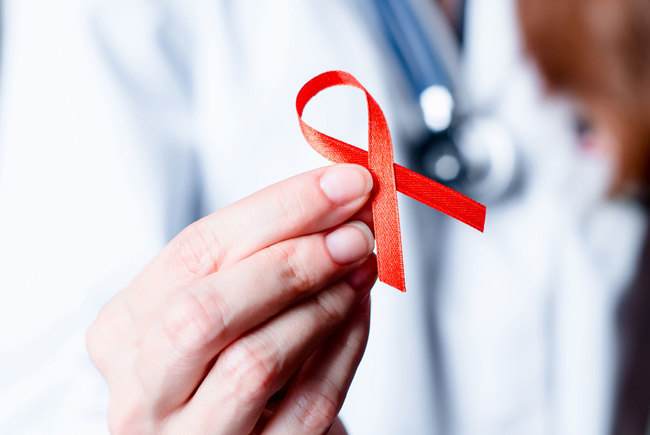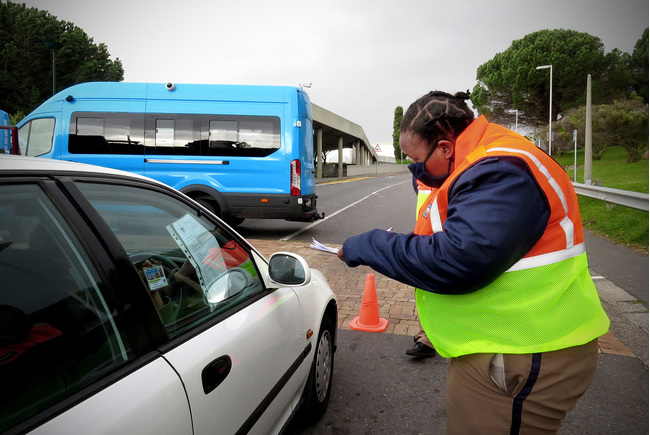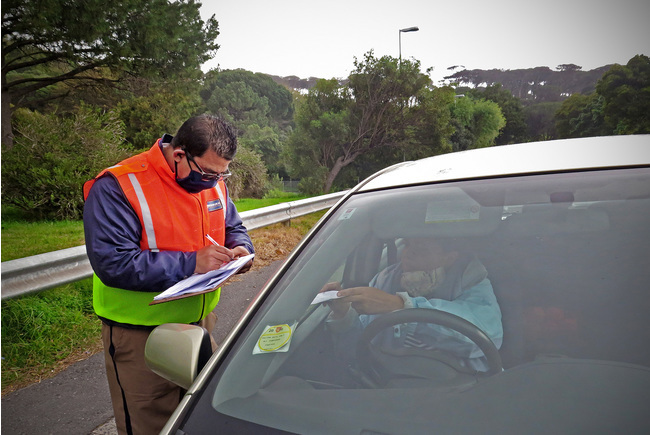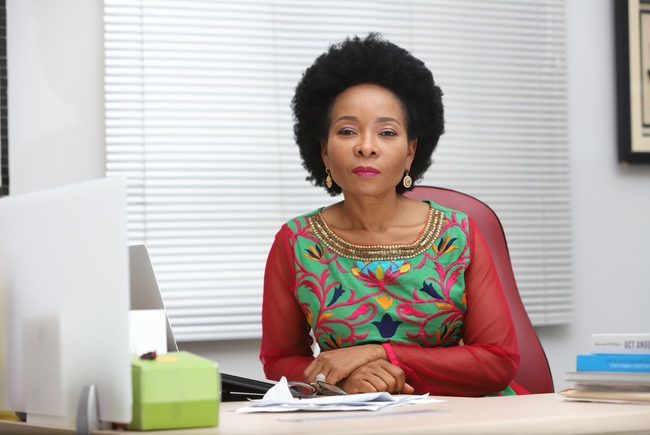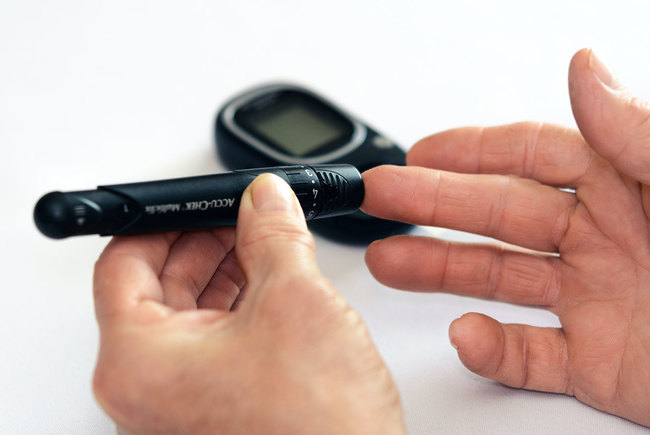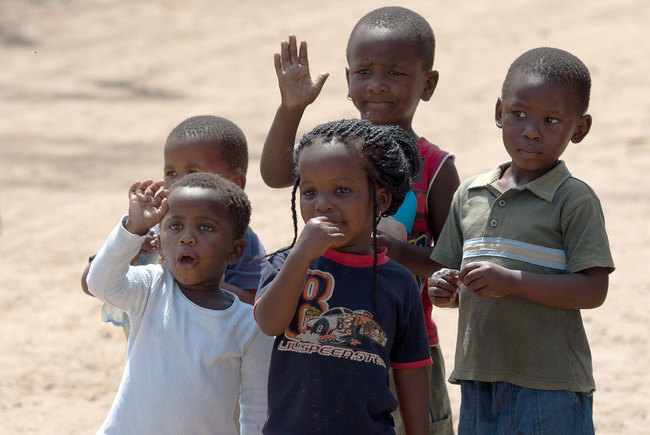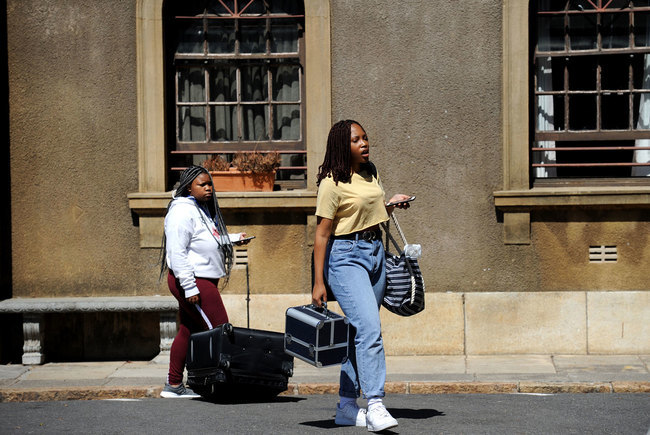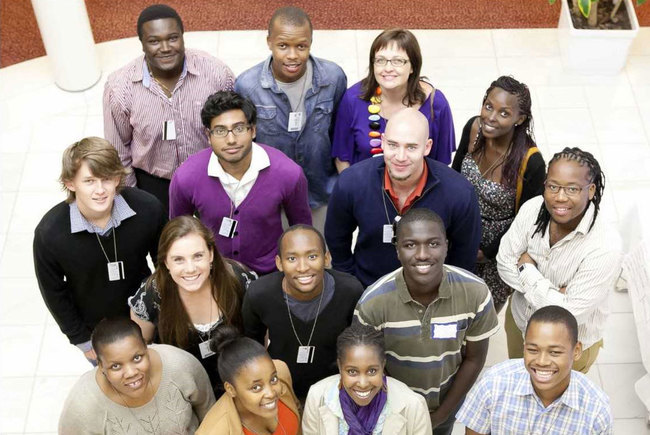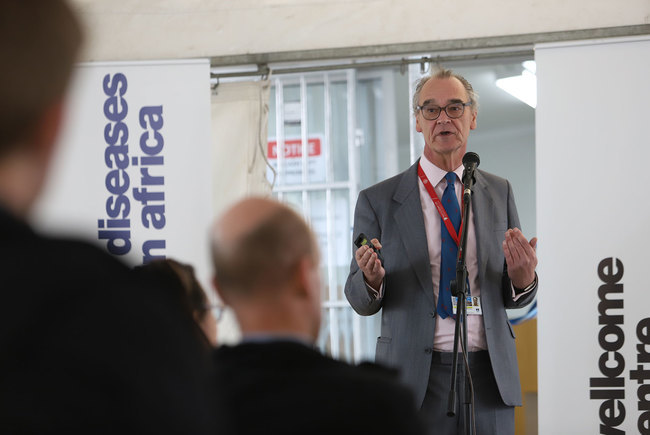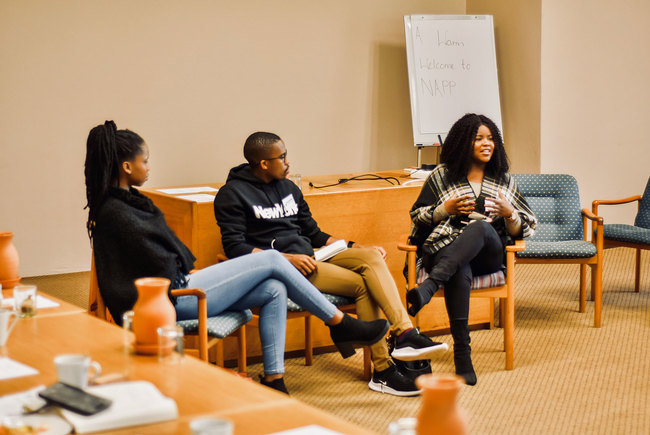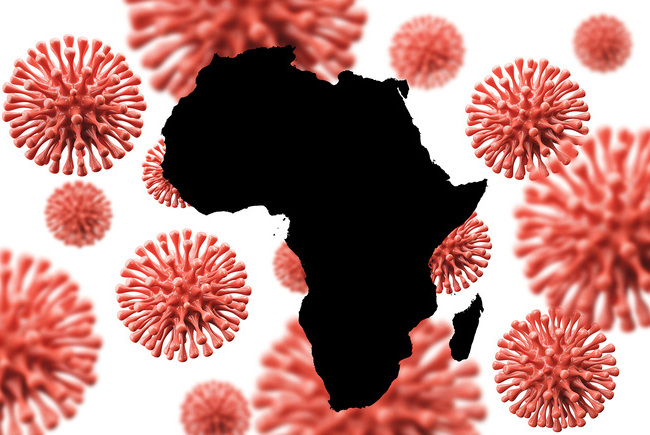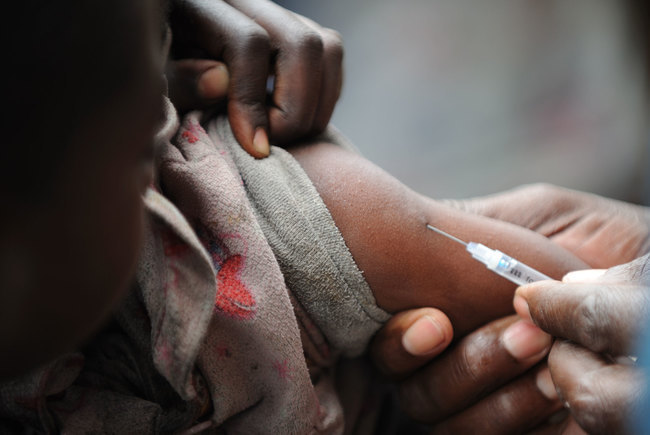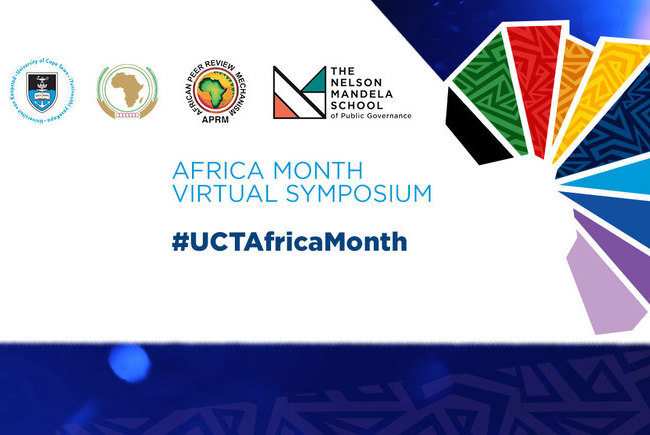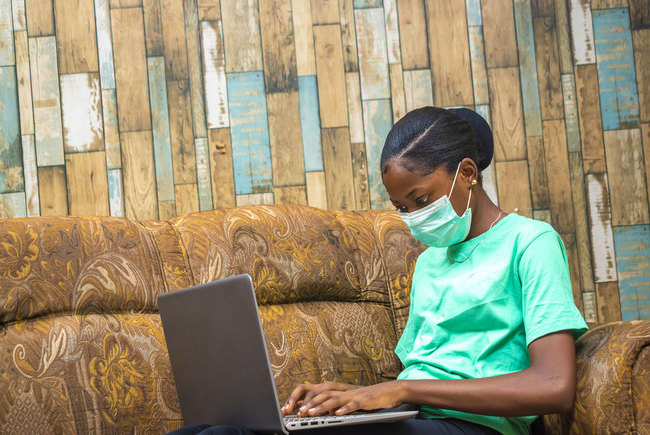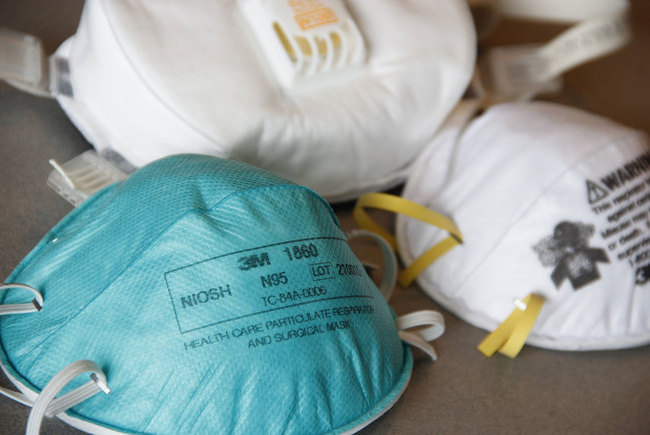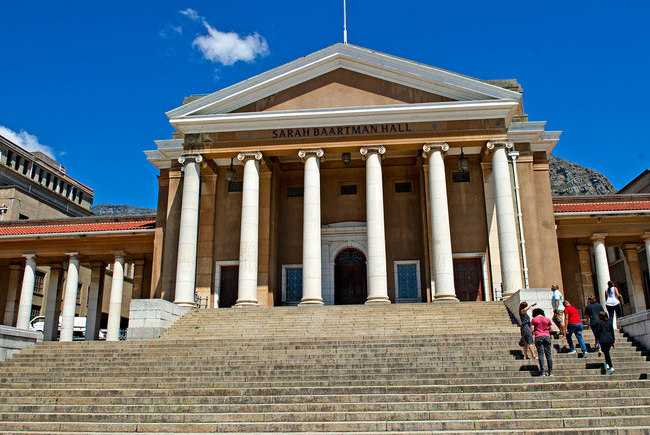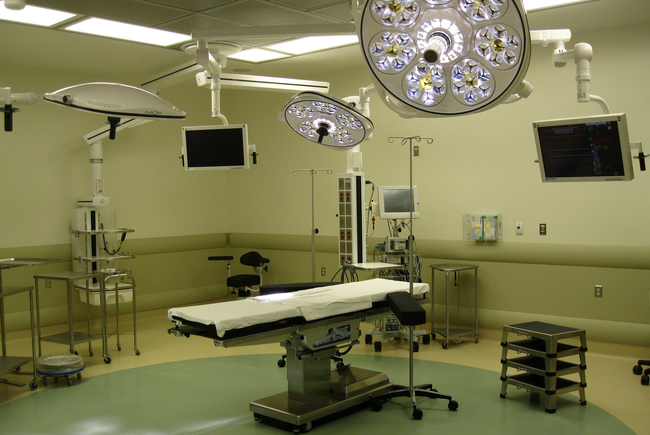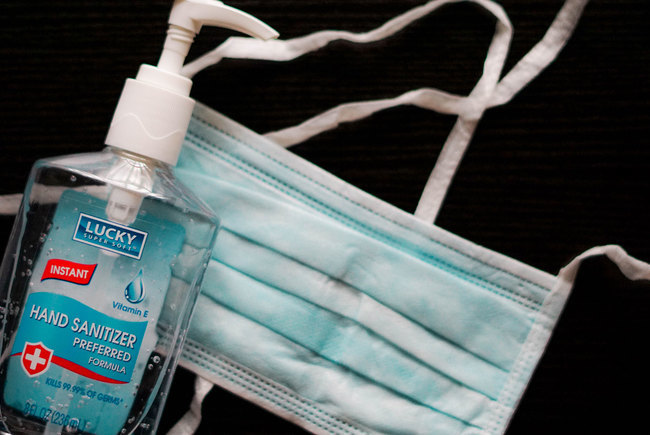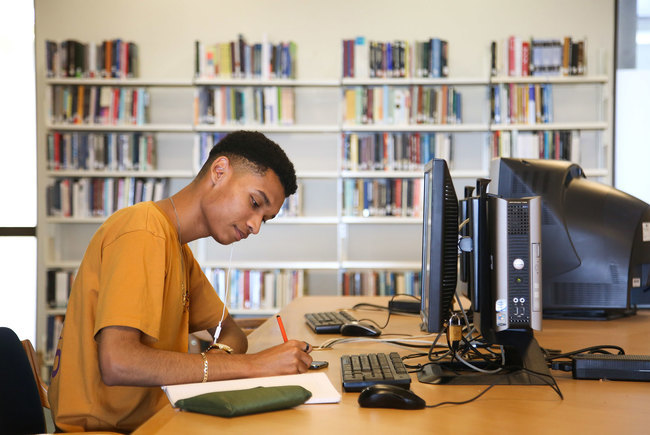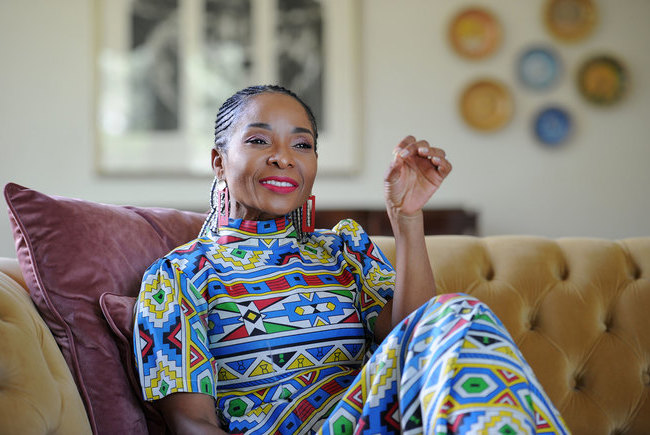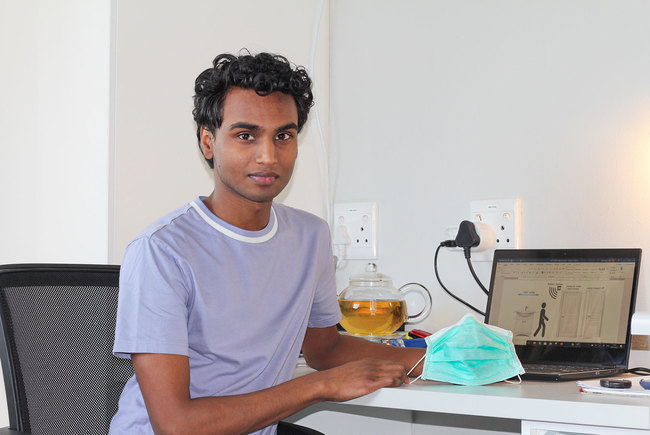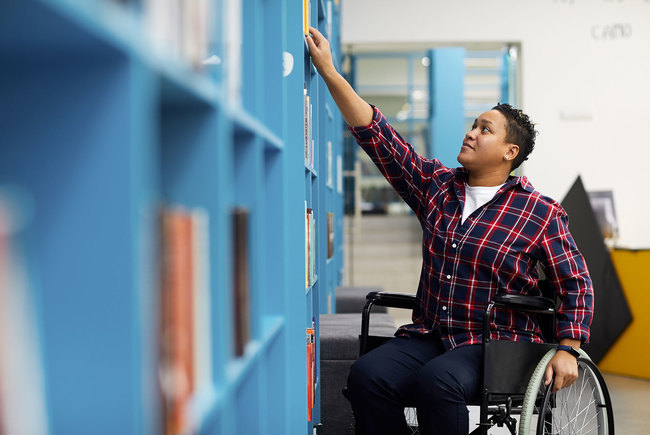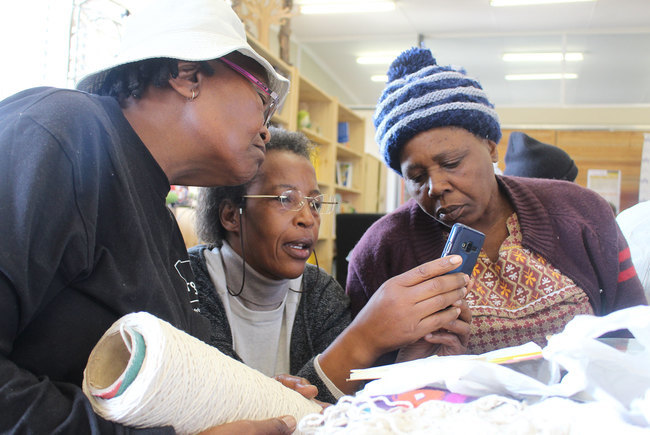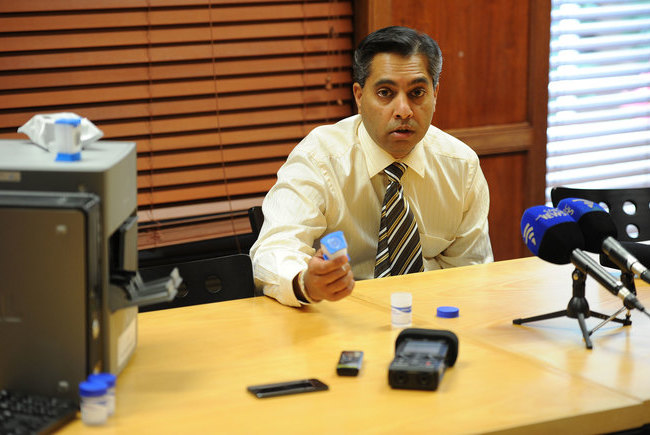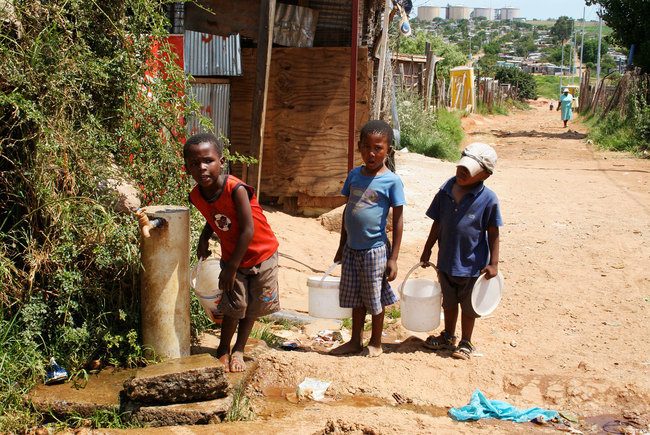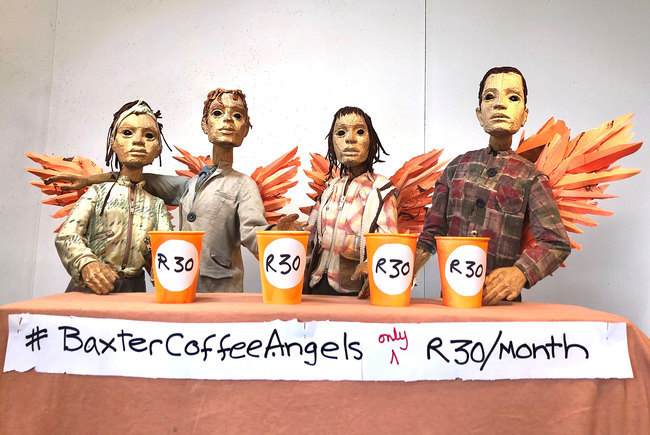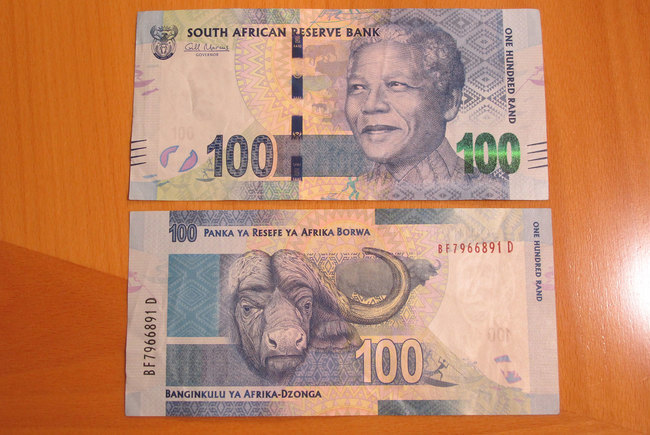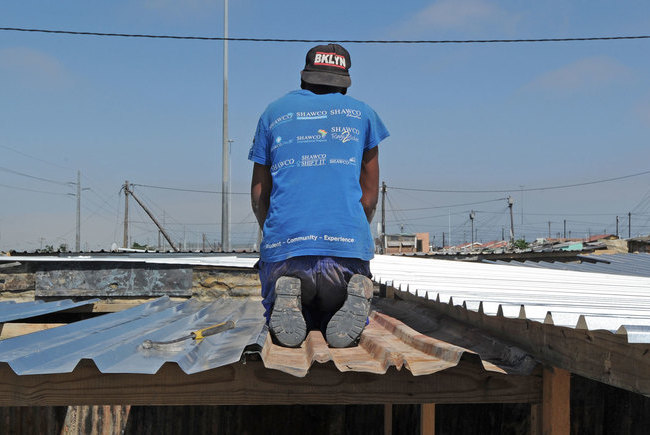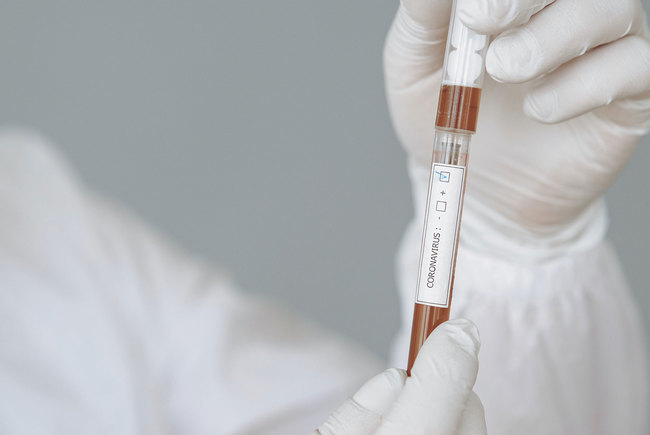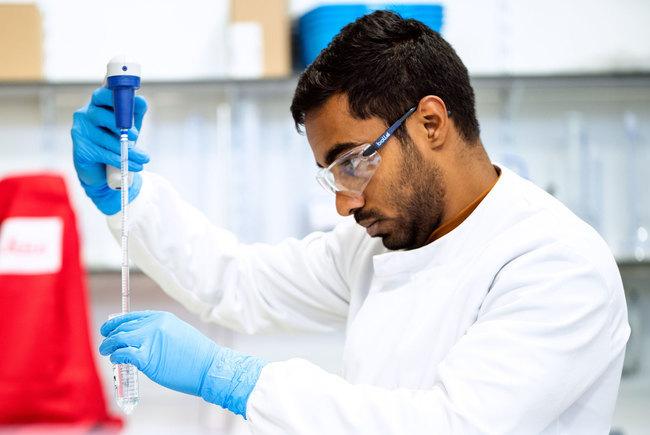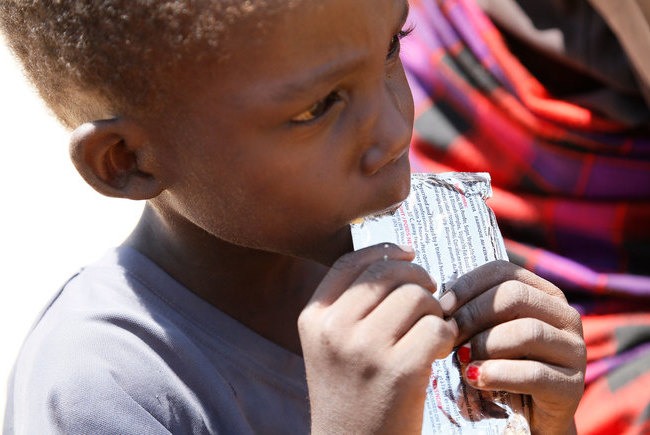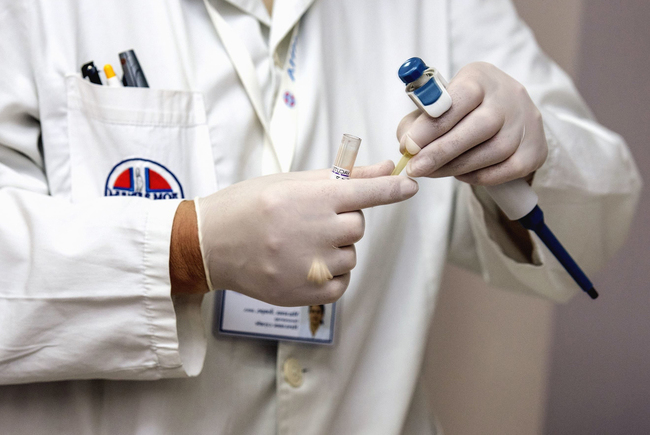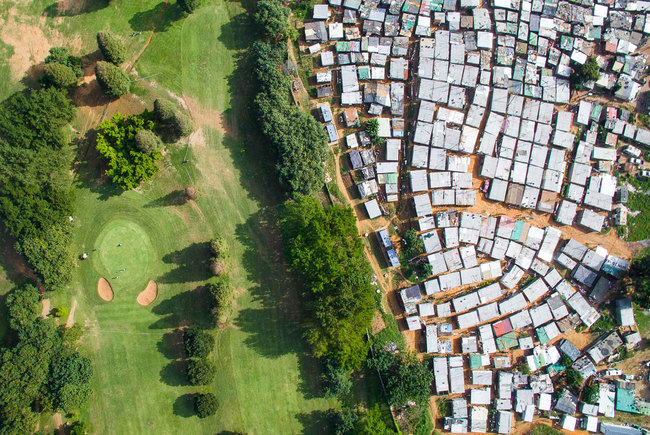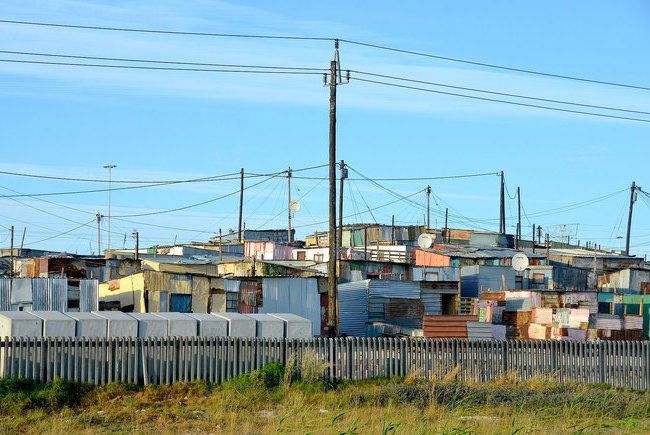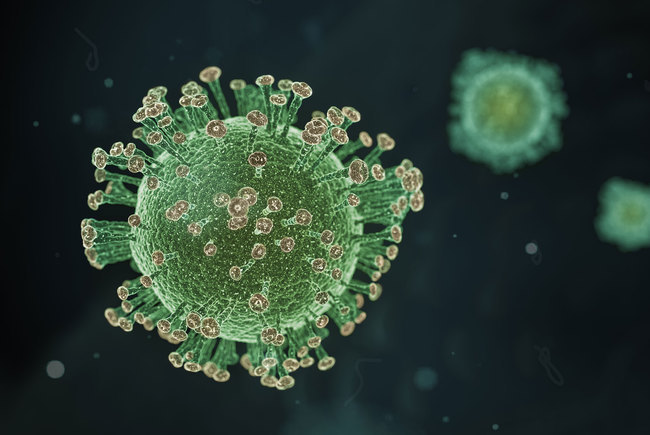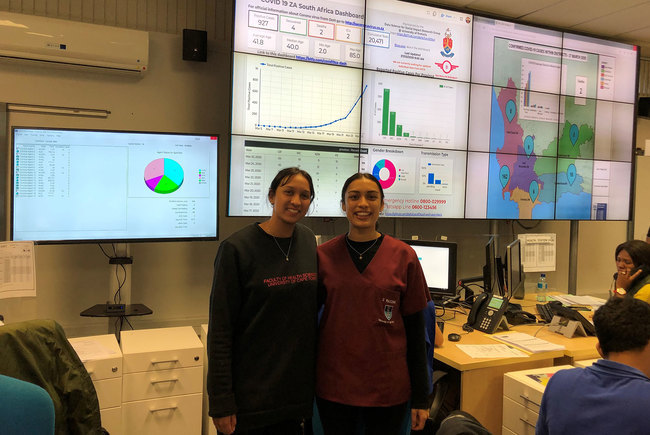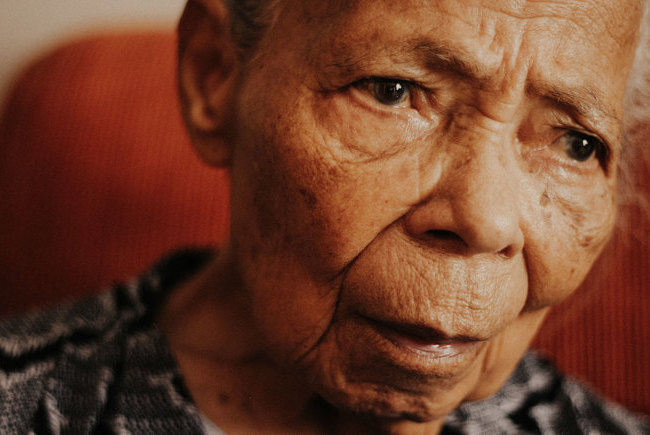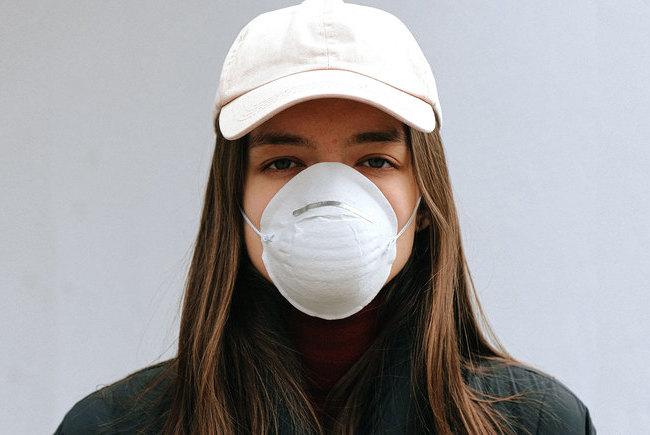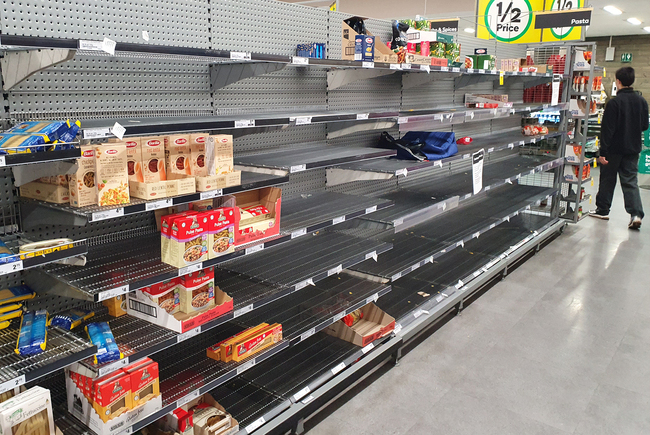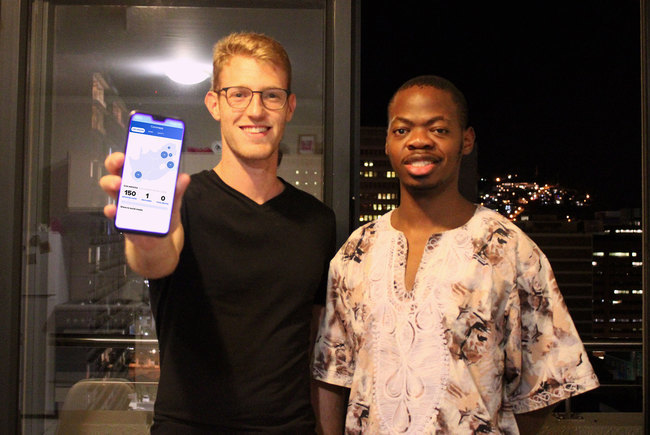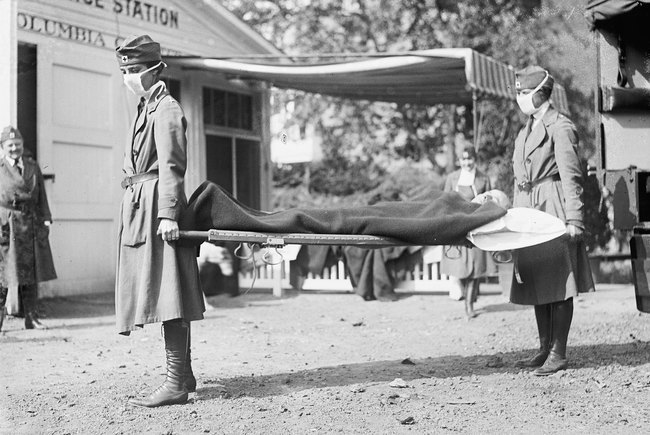How a post-COVID-19 revival could kickstart Africa’s free trade area
27 May 2020 | Story Faizel Ismail. Photo Flickr. Read time 7 min.
The COVID-19 pandemic, notwithstanding its devastating impact on the health and economies of Africa, could be an opportunity to advance the free trade area in a more developmental, inclusive and mutually beneficial way for African countries, says Faizel Ismail, director of the Nelson Mandela School of Public Governance at the University of Cape Town (UCT).
The African Continental Free Trade Area was launched two years ago at an African Union (AU) summit in Kigali. It was scheduled to be implemented from 1 July 2020. But this has been pushed out until 2021 because of the impact of COVID-19 and the need for leaders to focus on saving lives.
Studies by the International Monetary Fund (IMF), the United Nations Economic Commission for Africa and others state that the free trade area has the potential to increase growth, raise welfare and stimulate industrial development on the continent. But there are concerns. Some countries, particularly smaller and more vulnerable states, could be hurt. For example, they could suffer revenue losses and other negative effects from premature liberalisation.
The impact of COVID-19 will only worsen these structural weaknesses. The Economic Commission for Africa has reported that between 300,000 and 3.3 million people could lose their lives if appropriate measures are not taken. There are several reasons for this level of high risk. These include the fact that 56% of urban dwellings are in overcrowded slums, 71% of Africa’s workforce is informally employed and cannot work from home and 40% of children on the continent are undernourished.
Africa is also more vulnerable to the impact of COVID-19 because it is highly dependent on imports for its medicinal and pharmaceutical products and on commodity exports. The latter include oil, which has suffered a severe collapse in price.
Other contributing factors are high public debt due to higher interest rate payments than Organisation for Economic Co-operation and Development (OECD) countries, a weak fiscal tax base, and the negative impact on Africa’s currencies due to huge stimulus measures taken by OECD countries.
The COVID-19 crisis has brought these weaknesses into sharp relief. But it also provides an opportunity for African countries to address them. For example, they could accelerate intra-regional trade by focusing on the products of greatest need during the health crisis. Countries could also start building regional value chains to advance industrialisation, improve infrastructure and strengthen good governance and ethical leadership.
These are all vital to guiding African countries through the current crisis.
These goals can be achieved if African states adopt a “developmental regionalism” approach to trade integration. This would include fair trade, building regional value chains, cross-border investment in infrastructure and strengthening democratic governance.
Fair trade
A number of conditions need to be met for a free trade area to succeed.
Firstly, African states vary widely in size and economic development. As a result some may warrant special attention and specific treatment. In particular, among Africa’s 55 states 34 are classified by the United Nations as least developed countries. These are low income countries that have severe structural problems impeding their development.
Building trade agreements in favour of small and less developed economies will contribute to fairer outcomes of the free trade deal.
Secondly, African governments should include their stakeholders – businesses (both big and small), trade unions and civil society organisations – in the national consultation process. This will require effective institutions that enable the fullest participation.
Additional steps countries should take to cope with the fallout from COVID-19:
-
Reduce tariffs on vital pharmaceutical products (such as ventilators), personal protective equipment and food products;
-
Stimulate intra-regional trade by prioritising these products for an immediate or early phase down in the free trade area.
Building regional value chains
African countries are increasingly connected to the global economy, but tend to operate at the lowest rung of the ladder. They are mainly supplying raw materials and other low-value manufactured outputs.
Cooperation is needed between Africa’s emerging entrepreneurs and industries to improve their competitiveness in global markets. This would have a number of positive outcomes including:
-
triggering industrialisation, which will transform economies
-
helping African countries obtain a fairer share of the value derived from African commodities and labour, and
-
improving the lives of people on the continent.
The current crisis creates an opportunity for African countries to build value chains on medical equipment, pharmaceuticals and personal protective equipment.
The clothing and textile sector could also be restructured to meet the needs of the health sector while taking advantage of the breakdown in supply chains from China and Europe.
As more countries lock down their economies and apply movement controls, agricultural and processed food supply chains are disrupted. This creates opportunities to build regional supply chains and partner with retailers.
There are also opportunities to build infrastructure to support the health response: hospitals, water and sanitation, schools, low-cost housing and alternative energy.
African countries can also benefit from the growing interest in environmental tourism.
Cross-border infrastructure investment
Since most African countries are less developed, and many are small, intra-regional trade will require them to cooperate to improve their infrastructure. This includes physical ports, roads and railways as well as customs procedures, port efficiency and reduction of roadblocks.
Progress is already being made. Examples include the Mombasa-Nairobi Corridor; the Addis to Djibouti road, rail and port connection; and the Abidjan-Lagos Corridor, which handles more than two-thirds of West African trade.
Increased investment in these types of cross-border infrastructure projects will benefit regional integration.
Democracy and governance
Most African states have started accepting multi-party systems of governance. Many have also embraced a culture of constitutionalism, rule of law and human rights.
Democratic governance supported by active citizenship will create an environment of transparency and predictability that encourages domestic and foreign investment. Both are vital for growth and industrialisation. The process is also essential for the sustainability of regional economic integration and democracy in Africa.
Countries are becoming better at fulfilling their democratic obligations. For example, 40 African countries, including the Seychelles and Zimbabwe, voluntarily joined the African Peer Review Mechanism. The mechanism is a remarkable achievement that the free trade area agreement must build on.
The way forward
The free trade area could become a landmark in Africa’s journey towards peace, prosperity and integration. The COVID-19 pandemic, notwithstanding its devastating impact on the health and economies of Africa, could be an opportunity to advance the free trade area in a more developmental, inclusive and mutually beneficial way for African countries.![]()
Faizel Ismail, Director of the Nelson Mandela School of Public Governance, University of Cape Town.
Coronavirus Disease 2019 updates
COVID-19 is a global pandemic that caused President Cyril Ramaphosa to declare a national disaster in South Africa on 15 March 2020 and to implement a national lockdown from 26 March.
UCT is taking the threat of infection in our university community extremely seriously, and this page will be updated regularly with the latest COVID-19 information. Please note that the information on this page is subject to change depending on current lockdown regulations.
Frequently asked questions
Daily updates
Campus communications
2020
Resources
Video messages from the Department of Medicine
Getting credible, evidence-based, accessible information and recommendations relating to COVID-19
The Department of Medicine at the University of Cape Town and Groote Schuur Hospital, are producing educational video material for use on digital platforms and in multiple languages. The information contained in these videos is authenticated and endorsed by the team of experts based in the Department of Medicine. Many of the recommendations are based on current best evidence and are aligned to provincial, national and international guidelines. For more information on UCT’s Department of Medicine, please visit the website.
To watch more videos like these, visit the Department of Medicine’s YouTube channel.
Useful information from UCT
External resources
News and opinions
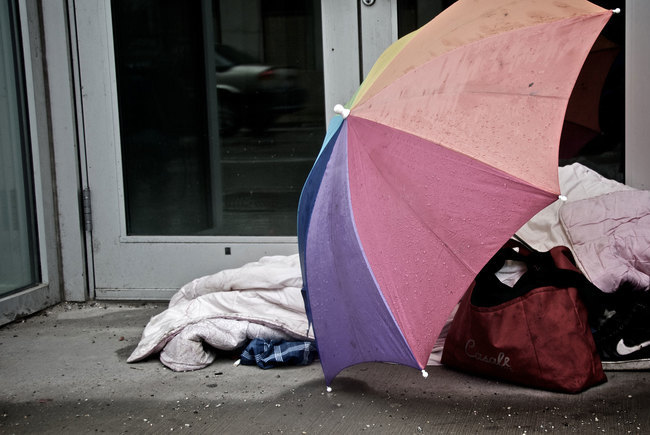
As the COVID-19 crisis drags on and evolves, civil society groups are responding to growing and diversifying needs – just when access to resources is becoming more insecure, writes UCT’s Prof Ralph Hamann.
03 Jul 2020 - 6 min read Republished
The Covid-19 crisis has reinforced the global consequences of fragmented, inadequate and inequitable healthcare systems and the damage caused by hesitant and poorly communicated responses.
24 Jun 2020 - >10 min read Opinion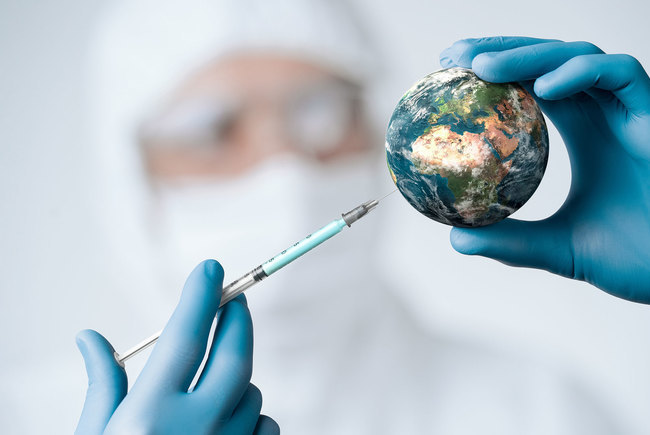
Our scientists must not practise in isolation, but be encouraged to be creative and increase our knowledge of the needs of developing economies, write Professor Mamokgethi Phakeng, vice-chancellor of UCT, and Professor Thokozani Majozi from the University of the Witwatersrand.
09 Jun 2020 - 6 min read Republished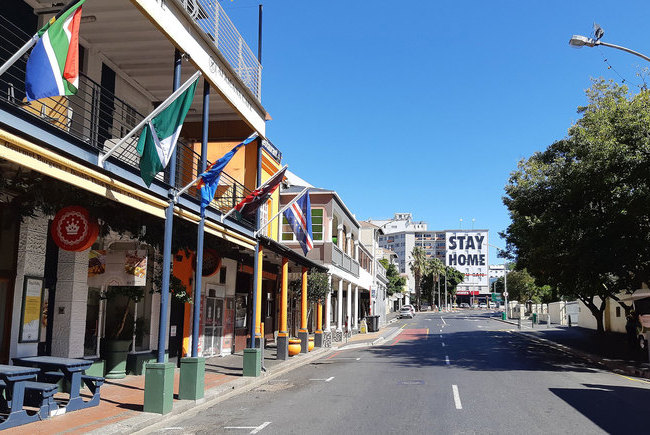
South Africa has been recognised globally for its success in flattening the curve, which came as a result of President Ramaphosa responding quickly to the crisis, writes Prof Alan Hirsch.
28 Apr 2020 - 6 min read RepublishedStatements and media releases
Media releases
Read more
Statements from Government
In an email to the UCT community, Vice-Chancellor Professor Mamokgethi Phakeng said:
“COVID-19, caused by the virus SARS-CoV-2, is a rapidly changing epidemic. [...] Information [...] will be updated as and when new information becomes available.”
We are continuing to monitor the situation and we will be updating the UCT community regularly – as and when there are further updates. If you are concerned or need more information, students can contact the Student Wellness Service on 021 650 5620 or 021 650 1271 (after hours), while staff can contact 021 650 5685.













